Justinian I ruled the Byzantine empire from 527 to 565 AD [527-565 AD]. He was emperor at a time of unparalleled growth and splendor. He was born around 482 AD near Skopje in present-day Macedonia. Nephew of Emperor Justin I, Justinian was educated in Constantinople, the capital of eastern power. Justinian was appointed general and consul between 519 and 520. Justinian briefly governed alongside his aging uncle and ascended to the throne upon his death on August 1, 527. Justinian was 45. His wife, Empress Theodora was at his side. Justinian immediately started to reorganize the administration of the empire. In 528, he called a commission of experts on Roman law to compile a list of legal code in effect in his territories. This project, which expanded over time, ended in 534 with the publication of the Codex Justinianus, better known as Corpus Juris Civilis. Many modern-day European nations continue to use that body of work as the foundation for civil law.
In 532, thanks in part to the support of his wife Theodora, Justinian quelled the Nika revolt, an uprising that challenged his repressive rule and tax system. Family members of Justin I, displaced from power in the wake of his death, were behind the revolt.
On January 11th that year, Justinian ordered the massacre of 30,000 rebels in the Constantinople hippodrome. Many political figures who were suspected of treason were exiled or killed. In 532, Justinian signed a peace treaty with Persia, restoring order on eastern borders of the empire. He then instructed two generals, first Belisarius then Narses, to take back Mediterranean areas occupied by Germanic tribes after the fall of the Western Roman Empire. Between 533 and 552, [533 – 552] they made sure Vandals lost control over North Africa, Visigoths surrendered parts of the Iberian peninsula and Ostrogoths were driven out of the Italian peninsula. A devout Christian, Justinian was convinced his role as emperor was given by God. Determined to unify the empire under one religion, he systematically repressed minority religions such as paganism and the Samaritans. Justinian also tried to reconcile widespread monophysitistic beliefs with Christian Orthodoxy, which regarded the former as heresy. Emperor Justinian died on November 14, 565. He was 83. He left a vast and well-organized empire to his nephew Justin II.
In 532, thanks in part to the support of his wife Theodora, Justinian quelled the Nika revolt, an uprising that challenged his repressive rule and tax system. Family members of Justin I, displaced from power in the wake of his death, were behind the revolt.
On January 11th that year, Justinian ordered the massacre of 30,000 rebels in the Constantinople hippodrome. Many political figures who were suspected of treason were exiled or killed. In 532, Justinian signed a peace treaty with Persia, restoring order on eastern borders of the empire. He then instructed two generals, first Belisarius then Narses, to take back Mediterranean areas occupied by Germanic tribes after the fall of the Western Roman Empire. Between 533 and 552, [533 – 552] they made sure Vandals lost control over North Africa, Visigoths surrendered parts of the Iberian peninsula and Ostrogoths were driven out of the Italian peninsula. A devout Christian, Justinian was convinced his role as emperor was given by God. Determined to unify the empire under one religion, he systematically repressed minority religions such as paganism and the Samaritans. Justinian also tried to reconcile widespread monophysitistic beliefs with Christian Orthodoxy, which regarded the former as heresy. Emperor Justinian died on November 14, 565. He was 83. He left a vast and well-organized empire to his nephew Justin II.
RELATED
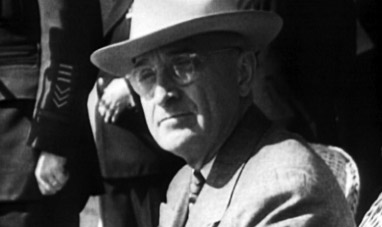

HARRY TRUMAN
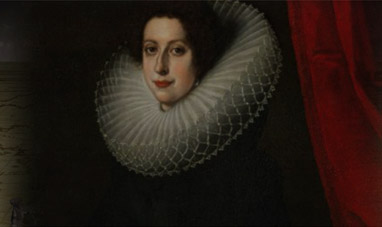

CATHERINE DE MEDICI
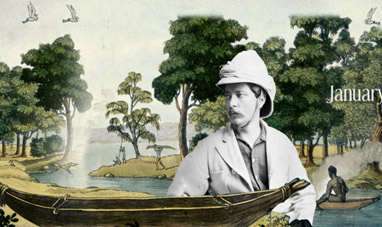

HENRY MORTON STANLEY
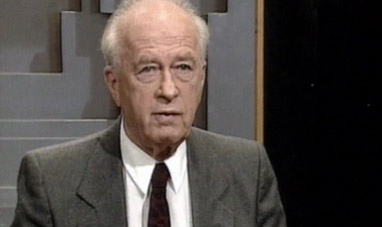

YITZHAK RABIN
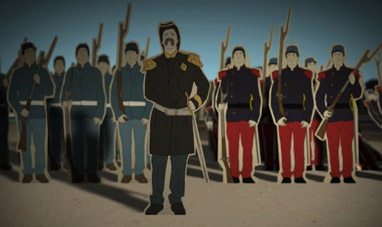

PATRICE DE MAC-MAHON
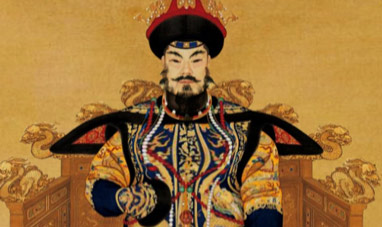

QIN SHI HUANG
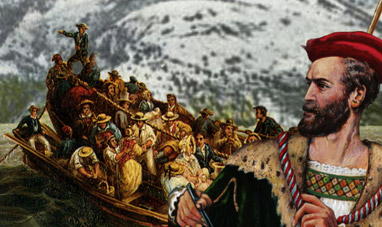

JACQUES CARTIER
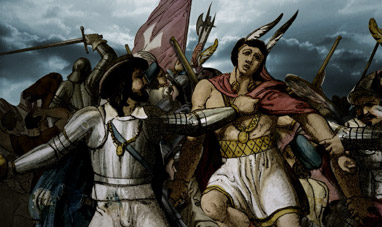

FRANCISCO PIZARRO
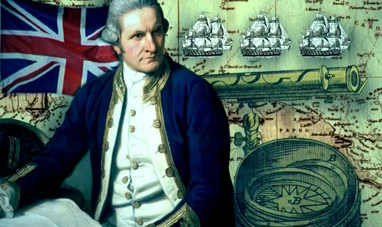

JAMES COOK
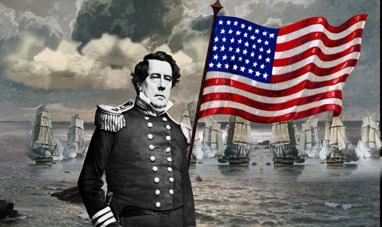

MATTHEW C. PERRY
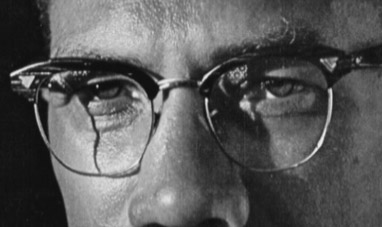

MALCOLM X
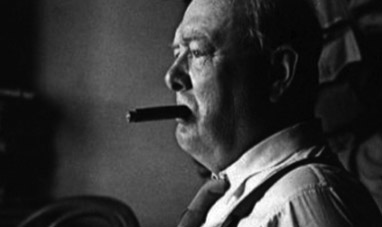

WINSTON CHURCHILL
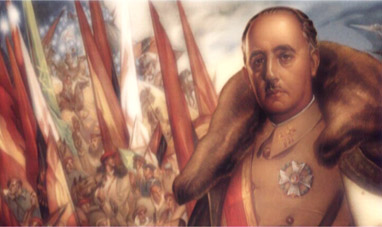

FRANCISCO FRANCO
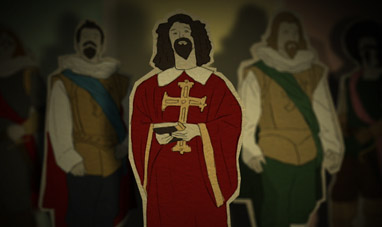

ARMAND-JEAN DU PLESSIS DE RICHELIEU
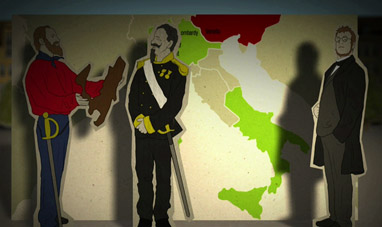

CAMILLO BENSO, COUNT OF CAVOUR


KIM PHILBY
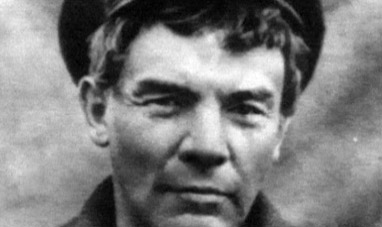

VLADIMIR LENIN
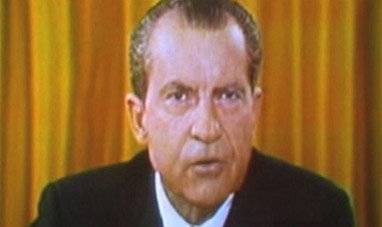

RICHARD NIXON


DWIGHT EISENHOWER
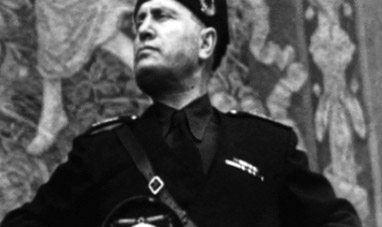

BENITO MUSSOLINI


TUTANKHAMEN
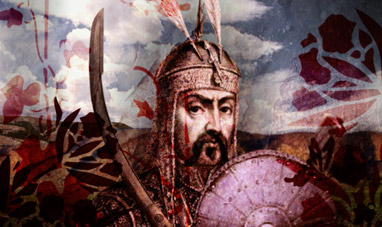

GENGHIS KHAN
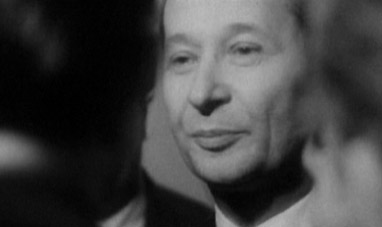

ALEXANDER DUBCEK
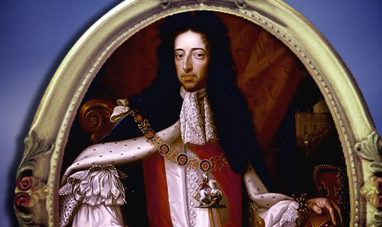

WILLIAM III, OF ORANGE
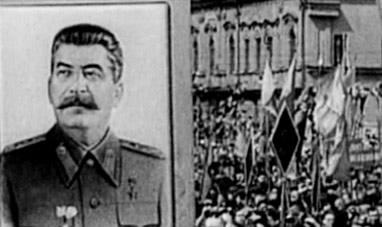

STALIN
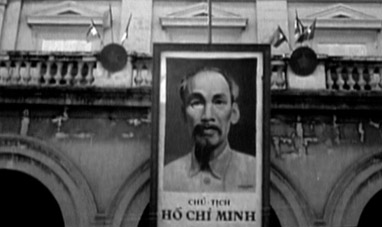

HO CHI MINH
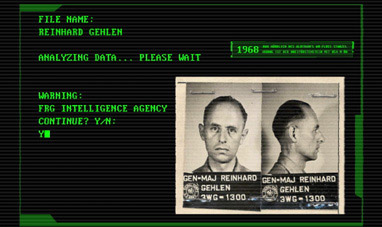

REINHARD GEHLEN
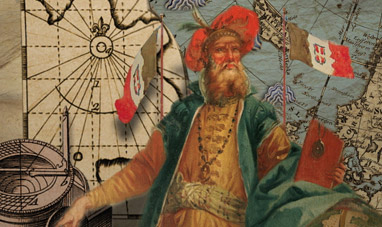

JOHN CABOT
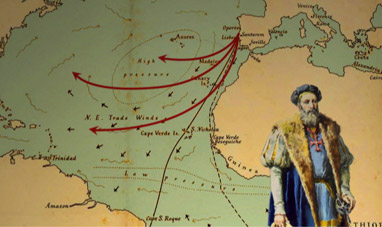

PEDRO ÁLVARES CABRAL


ENZO FERRARI
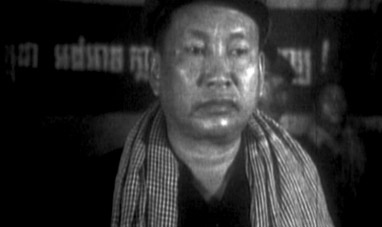

POL POT
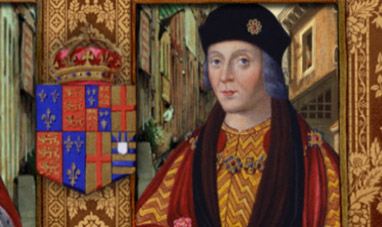

HENRY VII
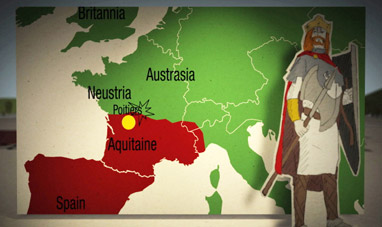

CHARLES MARTEL


TONY BLAIR
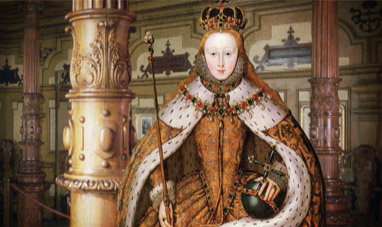

ELIZABETH I
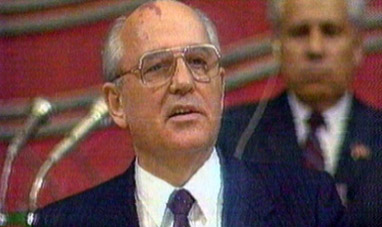

MIKHAIL GORBACHEV
